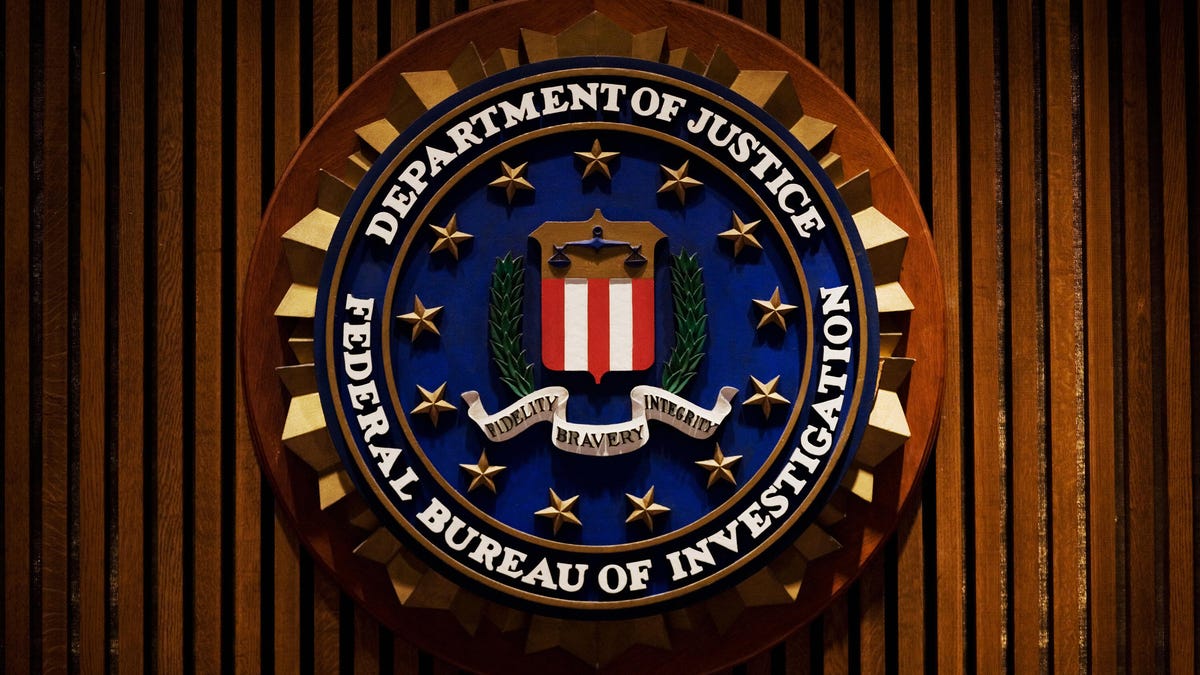Accessing your internet browsing history is FBI's top legislative priority
A proposed amendment could grant the FBI access to your IP address and web-browsing history without requiring a warrant.

Tech firms and privacy groups are fighting back against an amendment that would give the FBI a top-level view of "electronic communication transactional records" (ECTRs) without the need for a warrant in terrorism and spy cases.
ECTRs include everything from the websites you've visited to how long you browsed a particular page. It's all up for grabs as part of an amendment to the Electronic Communications Privacy Act being considered this week by the Senate Judiciary Committee. The legislation would expand the government's ability to collect data using a National Security Letter, or NSL, which doesn't require a court order and typically includes a gag order saying the recipient cannot publicly acknowledge the letter.
FBI Director James Comey has said the amendment is needed to fix a typo in the ECPA that has hindered the bureau's ability to work in "a very, very big and practical way." As such, amending the existing surveillance laws has become a top priority for the FBI, Comey told a Senate Intelligence Committee in February
An FBI agent backed by an NSL could potentially "paint an incredibly intimate picture" of a person's life on the internet, said the American Civil Liberties Union in a letter sent Monday to lawmakers. Several privacy advocates and tech companies, including Facebook and Google, also signed the letter against the amendment.

